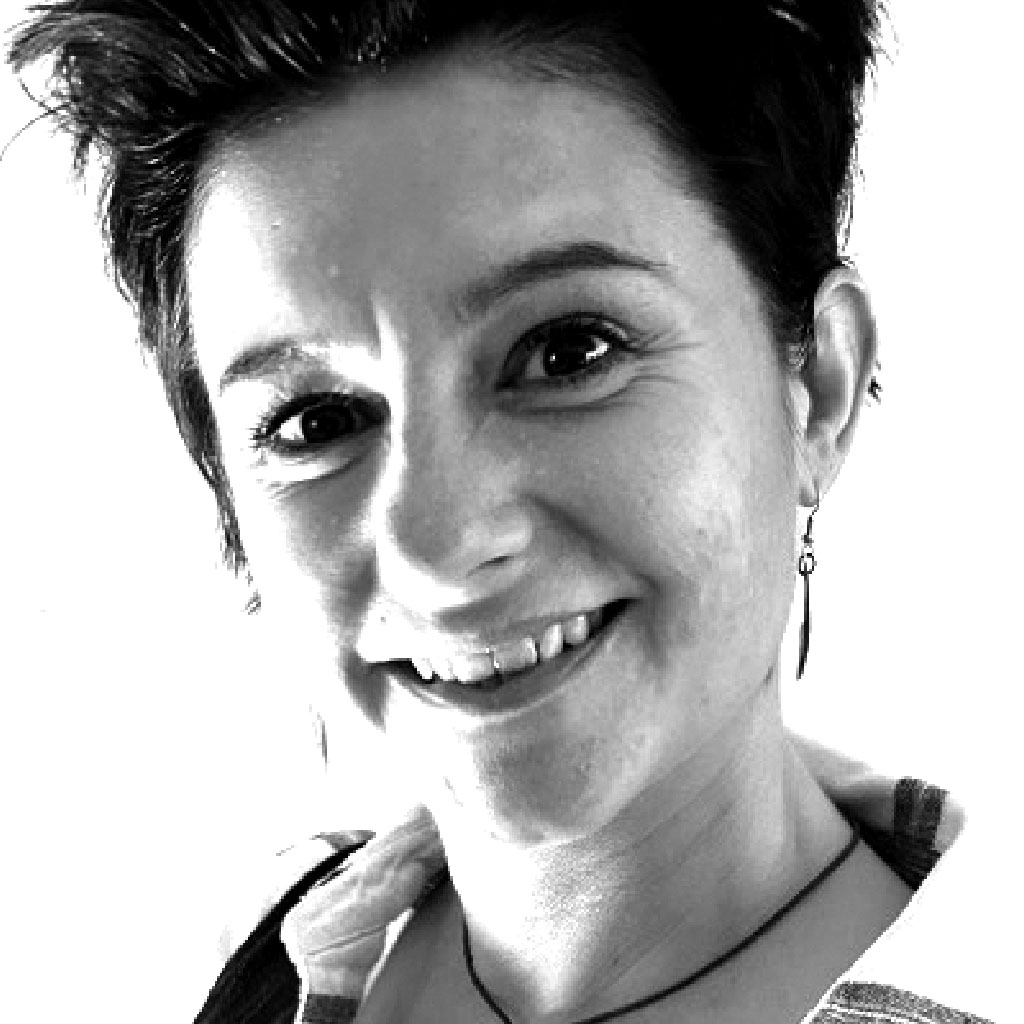
Jo
07305890303
[email protected]
Instant Availability please call before booking
Jo is an accomplished Integrative Counsellor holding a BA (Hons) and a progression of diplomas culminating in a Level 5 Foundation Degree in Counselling & Psychotherapy. Her eclectic therapeutic approach draws from a spectrum of methodologies, ensuring personalized support for each individual's needs. Jo's practical expertise extends to facilitating 'Nature & Nurture' support groups, aiding young people and their parents through emotional challenges by integrating the healing aspects of nature into therapy.
Her work also spans to support for those with learning and neuro-diverse conditions in forensic rehabilitation settings. Committed to professional excellence, Jo continuously updates her skills and maintains membership with the BACP, reflecting her adherence to stringent training and ethical standards.

Rebecca
07305890303
[email protected]
Instant Availability please call before booking
Rebecca is a compassionate mental health professional, specialising in counselling for issues like social anxiety, depression, and relationship challenges. With a focus on personal growth and behavioural change, she has experience in lifespan theories and has navigated the emotional aspects of parenthood.
Rebecca utilises multiple therapeutic approaches such as Humanistic, CBT, and CFT, tailoring her methods to each client's unique needs. She currently offers online sessions via Microsoft Teams, and over the phone. Actively expanding her skills, Rebecca is training in telephone counselling and plans to introduce Walk and Talk therapy.

Person centred therapy.
Person centred therapy is, without doubt, one of the most effective forms of modern therapy around. It’s a form of therapy that takes the view that every person has the inner will to develop and grow into the person they wish to be. With the right counselling, they can trigger the core conditions that allows us to facilitate our own personal growth.
Looking for a Psychodynamic Therapist ?
The theory behind person centred therapy
The theory, then, is that this approach puts the power back in the hands of the patient. They are their own best cure to their own problems, and nobody knows them better than themselves. As such, though Person-centred therapy it’s all about creating the conditions that allows this self-growth to take place naturally. In the wrong conditions, people cannot develop and meet their own unique potential.
When we feel lacking in acceptance from others, it’s hard to meet our own personal and professional peak. When we feel stunted or forced to act a certain way to gain said acceptance, too, it stunts our ability to grow.
Many of us allow ourselves to conjoin expected standards to our person, despite being an entirely artificial construct. From making sure that we always follow some form of societal rule to be seen as ‘normal’, we often must butcher much of what makes us who we are. With Person-centred therapy, the aim is to try and remove this kind of thinking from the mind.
It’s a negative trait, and often holds people back from really seeing their own identity as a true and unique source of value. The aim here is to try and make sure that we can look at ourselves through a different lens, and bring an end to continually comparing ourselves to standards set by others.
The aim is to try and make sure that individuality always wins over changing to suit the judgement of others.
What does person centre therapy provide?
- Positive Regards. This is for the patient-counsellor to work towards during Person-centred therapy. It’s all about letting the patient know that they are accepted unconditionally. They are free to explore even the deepest, most sacred of thoughts without the fear of being condemned, judged or rejected for feeling this way.
- Empathy. Empathy is needed as it allows the patient to talk without any uncertainty. The counsellor shows a desire to show that they understand where the patient is coming from, demonstrating the acceptance needed from the first core.
- Congruence. Congruence is all about making sure that the patient can feel safe in the hands of an authentic counsellor. They do not offer anything other than a present, genuine and open-minded approach to treatment, removing all perceptions of authority or betterment.
These three factors facilitate an area where personal growth becomes more or less certain. Through Person-centred therapy, people can feel more likely to challenge themselves, to open up and to be sincere about the problems and challenges that they face on a daily basis. For that reason, it’s among the most powerful forms of therapy around. Offering that chance for personal investigation, free from judgement and group-think, is a powerful form of therapy for the uncertain.


Jo
07305890303
[email protected]
Instant Availability please call before booking
Jo is an accomplished Integrative Counsellor holding a BA (Hons) and a progression of diplomas culminating in a Level 5 Foundation Degree in Counselling & Psychotherapy. Her eclectic therapeutic approach draws from a spectrum of methodologies, ensuring personalized support for each individual's needs. Jo's practical expertise extends to facilitating 'Nature & Nurture' support groups, aiding young people and their parents through emotional challenges by integrating the healing aspects of nature into therapy.
Her work also spans to support for those with learning and neuro-diverse conditions in forensic rehabilitation settings. Committed to professional excellence, Jo continuously updates her skills and maintains membership with the BACP, reflecting her adherence to stringent training and ethical standards.

Rebecca
07305890303
[email protected]
Instant Availability please call before booking
Rebecca is a compassionate mental health professional, specialising in counselling for issues like social anxiety, depression, and relationship challenges. With a focus on personal growth and behavioural change, she has experience in lifespan theories and has navigated the emotional aspects of parenthood.
Rebecca utilises multiple therapeutic approaches such as Humanistic, CBT, and CFT, tailoring her methods to each client's unique needs. She currently offers online sessions via Microsoft Teams, and over the phone. Actively expanding her skills, Rebecca is training in telephone counselling and plans to introduce Walk and Talk therapy.
Hoxton Therapy notice: Never act on any advice given in these articles or videos. Always seek professional help from us before acting on anything you read or watch on this website.